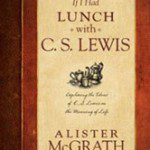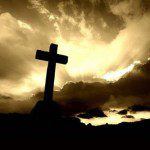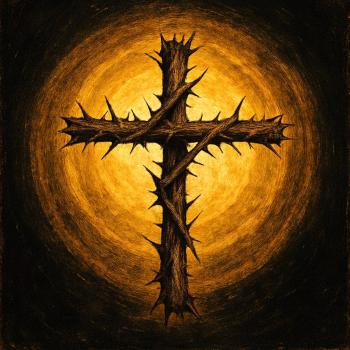 Lectionary Reflections for Palm Sunday
Lectionary Reflections for Palm Sunday
April 13, 2014
Psalm 118:1-2, 19-29
Philippians 2:5-11
Matthew 21:1-11
This year, we’re celebrating Palm Sunday at my church, South Congregational (UCC) in Centerville, MA, on Cape Cod. No passion readings; just celebration with a hint of what is to come later in the week with the final hymn, “Were You There?” The power of celebration during Holy Week has been underestimated. We need the waving palms, the “hosanna” shouts, and the joyful crowd to revive our spirits after an overly long winter in the Northeast. In the tragic beauty of life, we will experience plenty of grief – the ambiguous Last Supper, the surprising betrayal, the violent cross, and the liminal uncertainty of Holy Saturday – before we experience the Joyful Resurrection of Jesus and ourselves.
“This is the day that God has made, let us rejoice and be glad in it” bursts forth from Psalm 118. Let’s sing, dance, and celebrate. God’s love endures forever. God gives us light and invites us to a festival of praise. With threat on the horizon, we can still dance, make music, and celebrate the Spirit that gives life.
We can celebrate because of God’s universal and intimate love. We can have the mind of Christ, but the Christ we celebrate is different from the rulers of the earth. He is no ruthless and domineering Caesar but a loving companion. He rules from among us, embracing our mortality, feeling our pain, and rejoicing in our success. The “kenotic” (self-emptying) Christ is the celebrating Christ, living through every season of life. Every knee bows – yes, every knee! – in universal praise.
There is an implicit universalism in the Philippians passage: Paul’s readers would have contrasted the power of Caesar and the power of Christ. We bow to Caesar out of fear and threat of punishment: we bow to Christ out of love. Even those who turned away from Christ’s message are brought into the assembly, praising God for God’s amazing embodied love in Jesus the Christ. God’s power in Christ is the tender care that nothing is lost that can be saved (Alfred North Whitehead) and the poetry that transforms our mourning into dancing and a cross into creative transformation.
The Palm Sunday entry reflects the triumph of another kind of power. No Roman legion, but a humble teacher on a donkey, symbol of peace and reconciliation. Caught up in the moment, the crowd can’t fully understand the countercultural spectacle they are witnessing. They witness a God who has no enemies, makes no threats, destroys no cities, and damns no unbelievers. Such an amazing approach to life – and to understanding God – is too much for them to imagine – indeed, it is impossible – and sadly they turn from adulation to abandonment, letting fear rather than love rule their hearts.
But, what would have happened if love won the day? What would have happened if the people rose up in love rather than fear? If the leaders embraced wonder rather than worry, and embraced a new spiritual vision. We will never know, because neither they nor we have ever tried to live out the radical vision of a resurrection that does not require death! This is a different kind of resurrection that restores us with every breath and every action, energizing us to be born anew each moment of the day.
But, there is a cross and an uncertain future on the horizon. Still, Palm Sunday is the prelude: it anticipates another kind of celebration, the resurrection of the Crucified One and an Empty Tomb and an Open Future.
So shout “hosanna.” Christ is alive and invites us to sing songs of praise in the tragic beauty of our own lives.












